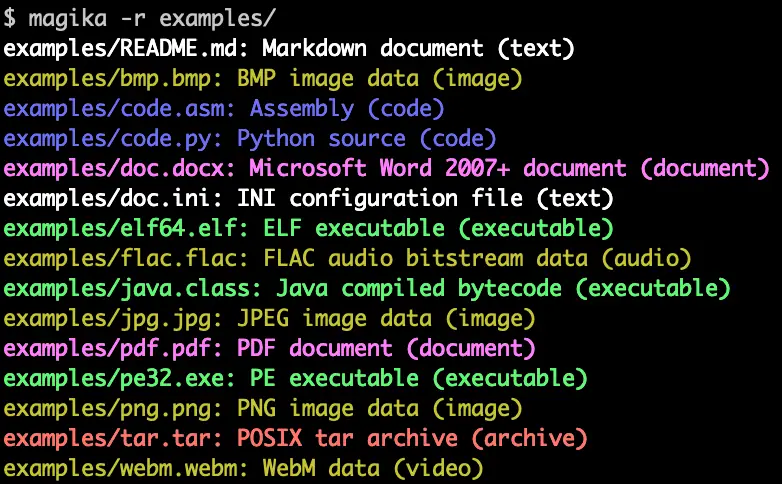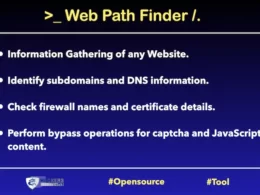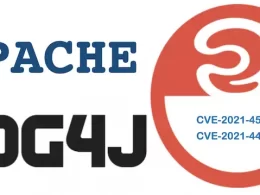Google has announced the open-sourcing of Magika, an AI-powered file type identification system. This move aims to empower developers and organizations with a powerful tool for accurately and efficiently identifying file formats, potentially impacting various applications from cybersecurity to data organization.
Key Features of Magika:
- Highly accurate: Boasts over 99% accuracy in identifying both binary and text file types, significantly surpassing traditional methods.
- Fast and efficient: Runs on CPUs within milliseconds, making it ideal for real-time applications and large-scale deployments.
- Open-sourced: Freely available on GitHub under the Apache 2.0 license, allowing for community contributions and customization.
- Scalable: Designed to handle enormous file volumes, making it suitable for enterprise-level needs.
Internally, Magika is used at scale to help improve Google users’ safety by routing Gmail, Drive, and Safe Browsing files to the proper security and content policy scanners.
Google blog added.
Potential Applications:
- Cybersecurity: Precise file identification can improve malware detection, data loss prevention, and content filtering.
- Data management: Efficiently categorize and organize large datasets for improved searchability and accessibility.
- Cloud storage: Optimize storage allocation and enhance security by accurately identifying file types.
- Personal use: Quickly identify downloaded files and ensure they are what they seem.

Is Magika AI free or paid?
Google Magika is entirely free to use, being open-sourced under the Apache 2.0 license. This means anyone can access, modify, and redistribute the code for personal or commercial purposes.
Also See: Google Announces Fully Homomorphic Encryption Open Source Utility
What is File Type identification and its Method?
File type identification, also known as file format identification, is the process of determining the specific format or type of a computer file based on its content or file extension. This plays a crucial role in computers and information systems for several reasons:
- Compatibility: Knowing the file type allows software and systems to correctly handle and open files. For example, an image editing program needs to identify a file as a JPEG or PNG to apply proper processing.
- Security: Misidentified files can pose security risks. Malicious files often disguise themselves with incorrect extensions, so accurate identification helps prevent malware attacks.
- Organization: Sorting and managing files becomes easier and more efficient when their types are correctly identified.
- Data Analysis: In fields like digital forensics or data research, knowing file types aids in analyzing and interpreting the information they contain.
Methods for File Type Identification:
- File Extension: This is the most common method, where a suffix like “.jpg” or “.docx” indicates the file type. However, extensions can be easily modified, making them unreliable on their own.
- Magic Numbers: These are specific byte sequences at the beginning of a file that identify its format. They are more reliable than extensions but require a reference database of known magic numbers.
- Content Analysis: Examining the actual content of a file (e.g., image headers, text patterns) can provide more accurate identification, especially for unknown or corrupted files.
How do I get early access to Imagica AI?
It appears you might be confusing Magika with Imagica AI, which is a separate project. Unfortunately, there is no information available regarding Imagica AI’s accessibility or early access opportunities.
Overall, Magika represents a significant step forward in file type identification technology. Its open-source nature, combined with its impressive accuracy and speed, makes it a valuable tool for developers and organizations seeking to enhance their file management and security capabilities.











